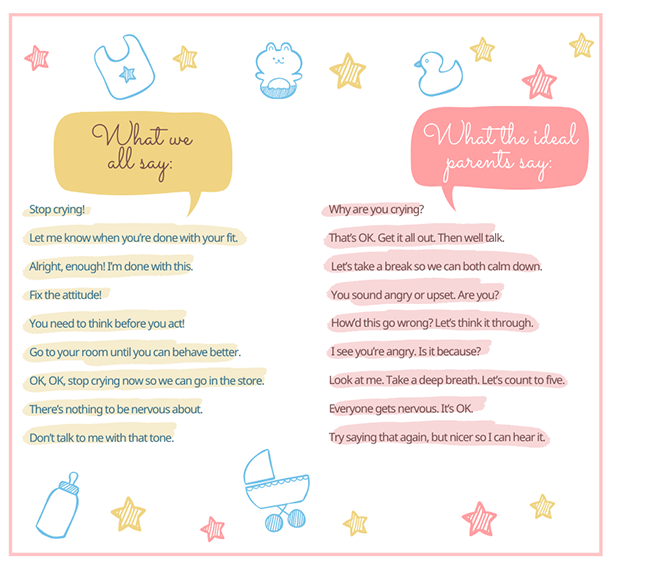How to NOT Emotionally Neglect Your Child
Let’s face it, parenting is hard. For most of us, doing it right means facing our own demons. Because no one is exposed to our flaws, blind spots, or unresolved issues as much as the children who depend on us. Unfortunately, all of those unresolved problems transfer automatically from ourselves to our children, unless we make a conscious effort to stop them.
.png)
This is made more or less difficult for us parents by our own childhoods. If you grew up with parents who subtly discouraged or discounted your feelings (Childhood Emotional Neglect), for example, then you’ll have a natural inclination, outside of your awareness, to do the same with your children. This is why Childhood Emotional Neglect, or CEN, is so rampant in today’s world. It transfers, unchecked and unnoticed, from one generation to the next.
This natural transfer process is aided by one simple fact: In today’s world, we are all focused primarily on how our children behave. We don’t want them to get in trouble at school or irritate others, right?
So let’s get down to brass tacks. As we all swim together through the murky Sea of Parenting, I offer you some clear answers: three goals to keep in mind at all times, and exactly how to achieve them.
The Three Goals of the Emotionally Attuned Parent:
.png)
Any parent who accomplishes these skills well enough is raising an emotionally healthy child and an emotionally intelligent child. You don’t have to do it perfectly. You just have to do it well enough.

All children have very intense emotions, but they do not have the skills to manage them. When we are frustrated or overwhelmed by their expression of feeling, it becomes very difficult for us parents to manage what we’re feeling so that we can respond the right way to what they’re feeling.
No one sets out purposely to shame their child for having emotions. But the way we respond can easily, in very subtle ways, communicate to a child that he shouldn’t be feeling what he’s feeling.
.png)
Try using the “Perfect Parent” responses above as regularly as possible, keeping in mind that you will never be perfect, because no one is. Watch and see if over time your child starts to respond to you differently. Watch to see how her behavior changes as she learns how to manage her own feelings.
--------------------------------------------------------------------------------
Source: https://psychcentral.com/blog/childhood-neglect/2015/09/how-to-not-emotionally-neglect-your-child#5
Stock: https://www.pexels.com/photo/man-and-woman-having-fun-with-their-child-3820676/
